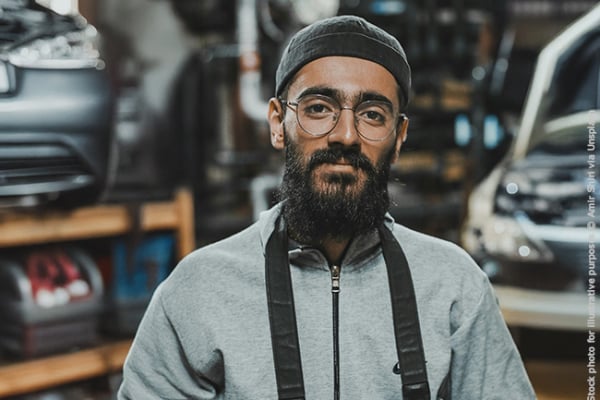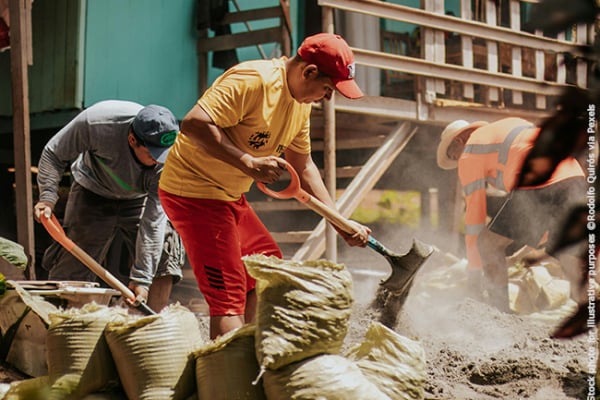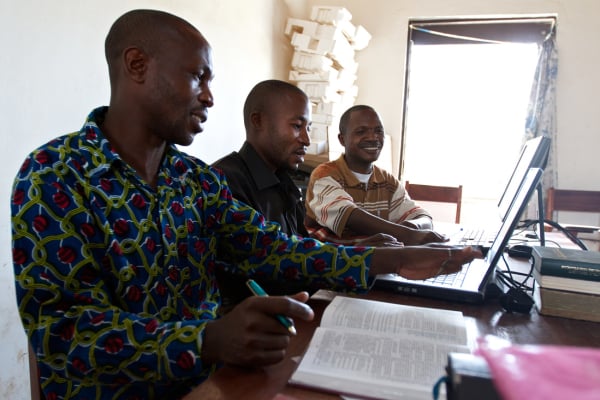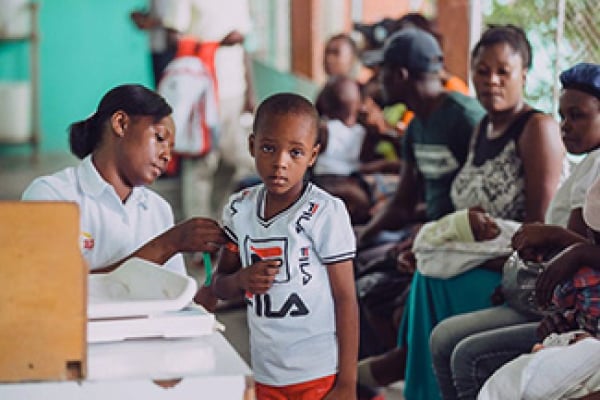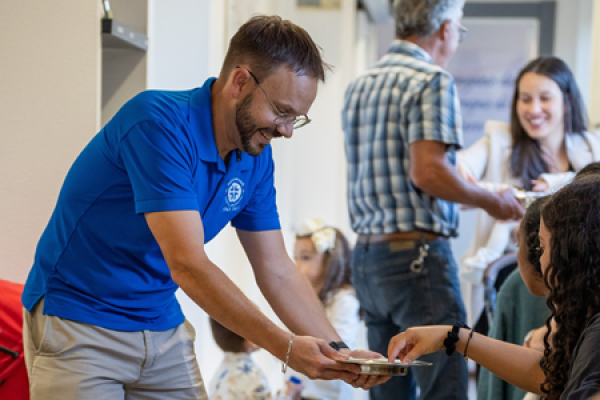After the Hurricane
Thank you for giving. Your gift has made repairs like these possible.
We stood alongside the road, watching the progress of repairs with the mayor and some others from town, including our beloved policeman, “Little Joe.” He’s so beloved that no one actually knows his real name; the community simply calls him by his nickname. After becoming a policeman many years ago, Joe realized that if he relied simply on his meager policeman’s salary, he would never accomplish his goals. So he began saving and purchasing salt holes (where sea water is collected and evaporated to make salt). For 11 years, he has stockpiled his salt, managing stores and active salt holes. (This is like his income, investments, bank account, savings account and retirement fund all rolled into one.)
Then Hurricane Matthew came. In less than 24 hours, Joe lost everything.
He had dreams of building a house, having a nice bed, buying a car, and taking care of his mother. “I didn’t mind not living comfortably, because I knew one day it would all pay off.”
But the sea rose and took it all, washing away his salt, and with it, his dreams.
Joe lost nearly $40,000 worth of goods and investments — a small fortune in Haiti.
“I’m not young anymore,” he said. “I don’t have the strength I had 11 years ago when I would work in the salt all night and as a cop all day. I’ll never be anything in my life.”
Not only did Joe lose all his salt, but his depots are damaged and his salt holes have been completely filled in with mud. When he saw the damages and how much he’d lost he says, “I pointed my gun at God. But then I realized I was losing my mind, so I’ve been drinking to numb the pain.”
I wish I could say that Joe’s story is an isolated case, but it’s not. While not many lost so much in monetary value, not many ever owned that much. Much of what they did own they have lost. Someone said to me today, “It would be better to have lost your house. If you lost your house, then your garden, your animals, or your micro-business would eventually give you the income to rebuild. But if you have lost all of those things, how do you rebuild your life?”
This is the kind of disaster our area is facing. By and large, it is not the kind of disaster that needs immediate intervention and relief. It is not the kind that one can “fix” by giving food or rebuilding a house.
This disaster is a devastation of dreams, of livelihoods, of hope.
In brutal honesty, we cannot “fix” this at all. There is no way we can get everyone’s lives back to where they were on October 3. But we cannot allow the fact that we cannot fix it all to discourage us from doing what we can — from making a difference for those we can reach. This means being in it for the long haul. It means helping people to slowly lift block upon block to rebuild their lives — blocks like repairing gardens and canals, reinvesting in micro-businesses, reestablishing livestock numbers, helping people build more hurricane-resistant homes and providing as much work as we possibly can to help people begin to rebuild their lives.
Through your partnership, you are in it for the long haul with us. Thank you.
— Judy, who works with a Crossworld partner ministry in Haiti.
Italicized names were changed to protect identity.
.png)

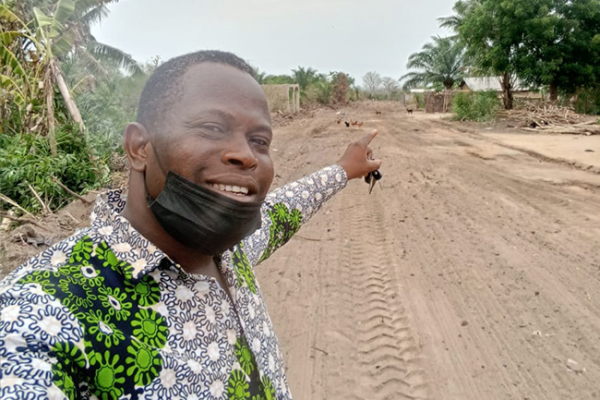
 By Crossworld
By Crossworld